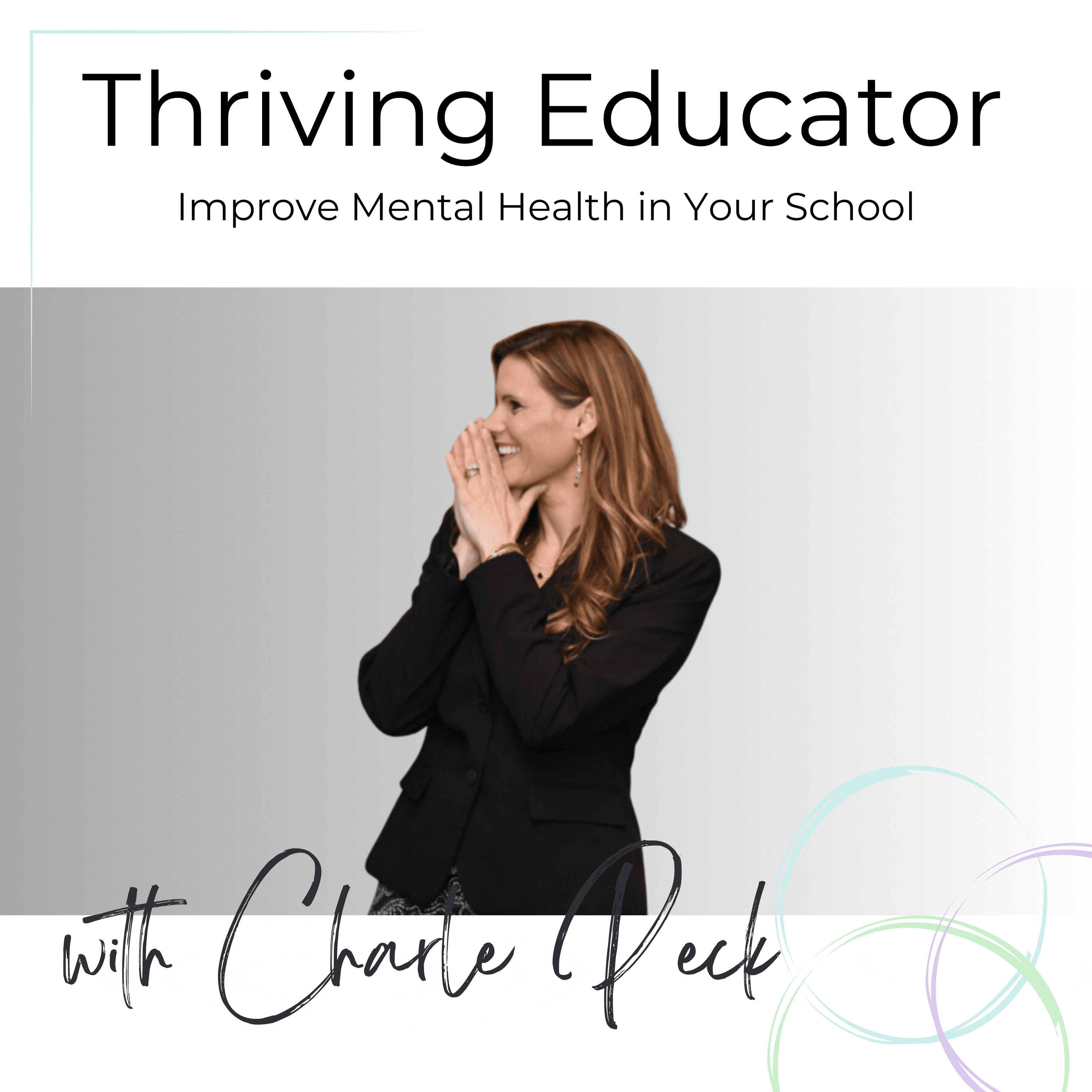Stress and Humor Awareness Month The SeniorScape®
These two ideas may seem diametrically opposed. However, as an allied health professional, it struck me that humor has often been the one thing that has gotten my colleagues and me through some of the most serious situations.
Do you recall the 1998 film Patch Adams?
It was based on the book Gesundheit, translated to mean “Good Health is a Laughing Matter,” about the physician Dr. Hunter “Patch” Adams. Though the film oversimplifies Adam’s philosophy and activism, it presents the healing power that humor can bring to a situation or condition.
So, it can be said to be stress. Humor Can Be a Great Healer
It is a well-known fact that Stress can be a Killer.
Here are some of the effects that stress has on your body.
Let’s start with the brain. The production of the chemical cortisol in the brain can damage your short-term memory. Studies show that it reduces the amount of gray matter in your brain. Stress hormones can also increase energy; some people grind their teeth while sleeping. That often causes waking up with a headache.
During periods of high anxiety, stress hormones can narrow the arteries in the heart, which can increase the risk for cardiovascular disease. Over time, stress can also cause seasonal flare-ups of allergies.
Stress can slow the digestive tract in your stomach, resulting in or increasing inflammation, which can result in reduced movement of your physiologic processes. This can lead to pain, gas, or other elimination difficulties. Stress has also been known to negatively affect gut bacteria, the gut-brain, which can reduce the immune system.
Stress also impacts adrenaline. Adrenaline from the sympathetic nervous system can signal the muscles to tense in preparation for action, akin to a fight-or-flight response. This can trigger back pain, back or neck spasms, or neck pain.
As we all know, experiencing stress can cause us to eat or drink more, negatively impacting our nutritional health, which can lead to weight gain or other addictive behaviors. Conversely, it can make people eat less, resulting in unhealthy weight loss.
Understanding the impact of stress on physical, mental, and emotional well-being is critical, as is knowing the steps you can take to manage and counteract the negative impact on your mental, physical, and emotional health.
Physically, Resilience can increase strength, flexibility, endurance, and vitality.
Emotionally, it can generate more awareness and control over feelings and improve emotional range and flexibility, which can benefit relationships. It can help you respond to situations with more ease and help you self-regulate or manage disruptive emotions and impulses.
Mentally, Resilience also increases flexibility, can improve focus and attention span, and thereby improve productivity. It can help you achieve a more optimistic worldview and become more open to differing and multiple views, which can benefit you personally when having to make decisions or come up with creative solutions to your own dilemmas or challenges.
How do we develop healthy coping strategies to feel reenergized and refreshed to help you recover and revive so you can recommit to responsibilities with greater Resilience?
There is ample research that supports the benefits of engaging in daily Resilience practices. These practices
lend themselves to developing coping strategies that influence our ability to tolerate change, stress, uncertainty, and other types of adversity. They also contribute to a more positive and productive outlook.
Resilience practices afford us greater adaptability when facing challenges, which are inevitable in the inevitability of changing life circumstances. These coping strategies can help mitigate the effects on physical, psychological, and emotional health and well-being and, more broadly, positively impact personal and professional life.
The role of humor, which is the stimulus (i.e., as in a joke) that evokes the physical reaction of laughter, cannot be underrated as an antidote to stress. While this may sound counterintuitive, laughter as a stress reducer is no joke. According to the Mayo Clinic, Laughter can help lessen your stress, depression, and anxiety, which in turn can make you feel happier. It can also improve your self-esteem. Laughter enables you to relax and enhances your intake of oxygen-rich air. Physiologically, it stimulates your heart, lungs, and muscles and increases the endorphins that are released by your brain, which activates to relieve your stress response. Endorphins are often described as the “happy hormone.”
Predating the Mayo Clinic, laughter was found to have a healing effect by Normal Cousins in his 1979 book As Anatomy of An Illness. Cousins described laughter as creating an analgesic effect for pain. Since then, interest in laughter as a potential therapeutic option has grown, both in popular culture and in scientific research, where the field of psychoneuroimmunology attempts to explore the impact of laughter on our physiology and psychology.
There’s no disputing that stressful circumstances are part of life. Centenarians who live in the world’s Blue Zones have stress-relieving rituals built into their daily routines. Adventists pray Ikarians nap and Sardinians have a happy hour.
Therefore, in April, Stress and Humor Awareness Month, I say, “Laugh for the Health of It.”
For more information on tips for managing stress, developing Resilience
practices, and how to incorporate humor feel free to schedule a free consultation: https://calendly.com/phyllis-31/laying-the-groundwork-2
Originally Published on https://www.phyllisaymanassociates.com/




























Already a Member? Login Here.
Not Yet a Member? Join the Conversation Today!